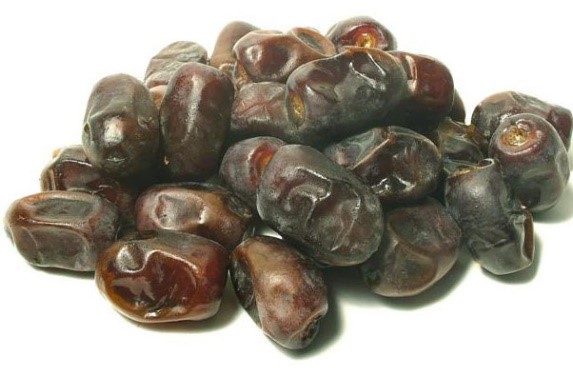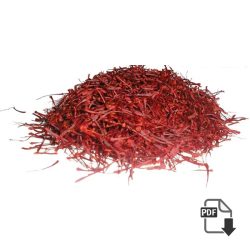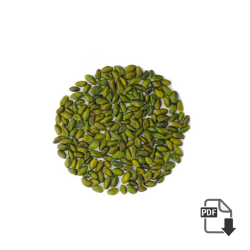About Peanut
The peanut, also known as the groundnut, goober (US), or monkey nut (UK), and taxonomically classified as Arachis hypogaea, is a legume crop grown mainly for its edible seeds. It is widely grown in the tropics and subtropics, being important to both small and large commercial producers. It is classified as both a grain legume and, due to its high oil content, an oil crop. World annual production of shelled peanuts was 44 million tonnes in 2016, led by China with 38% of the world total. Atypically among legume crop plants, peanut pods develop underground (geocarpy) rather than above ground. With this characteristic in mind, the botanist Linnaeus named the species hypogaea, which means “under the earth”.
As a legume, the peanut belongs to the botanical family Fabaceae; this is also known as Leguminosae, and commonly known as the bean, or pea, family. Like most other legumes, peanuts harbor symbiotic nitrogen-fixing bacteria in root nodules. This capacity to fix nitrogen means peanuts require less nitrogen-containing fertilizer and also improve soil fertility, making them valuable in crop rotations …


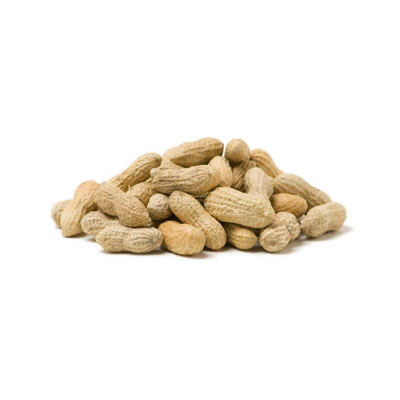
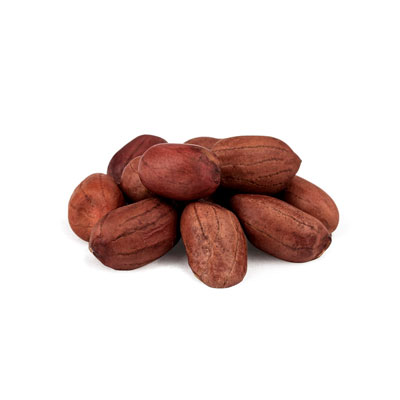
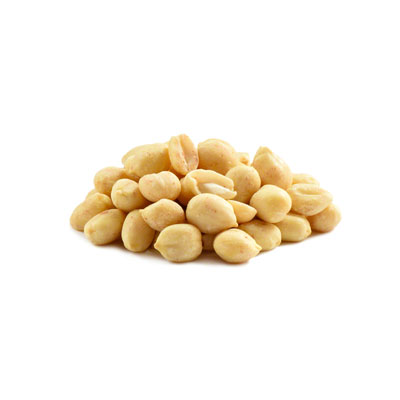
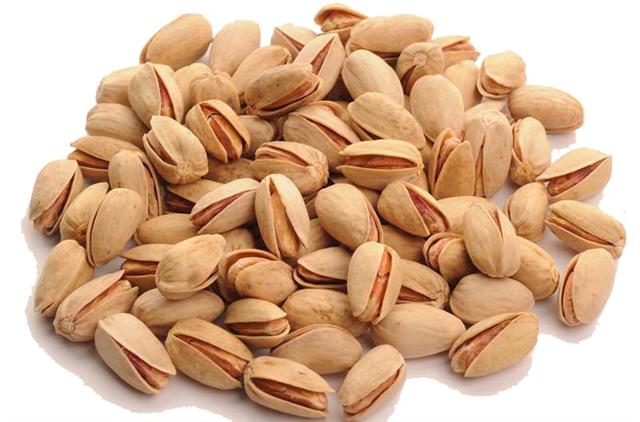
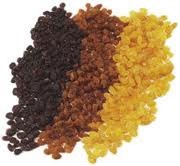 3 kind raisin
3 kind raisin 